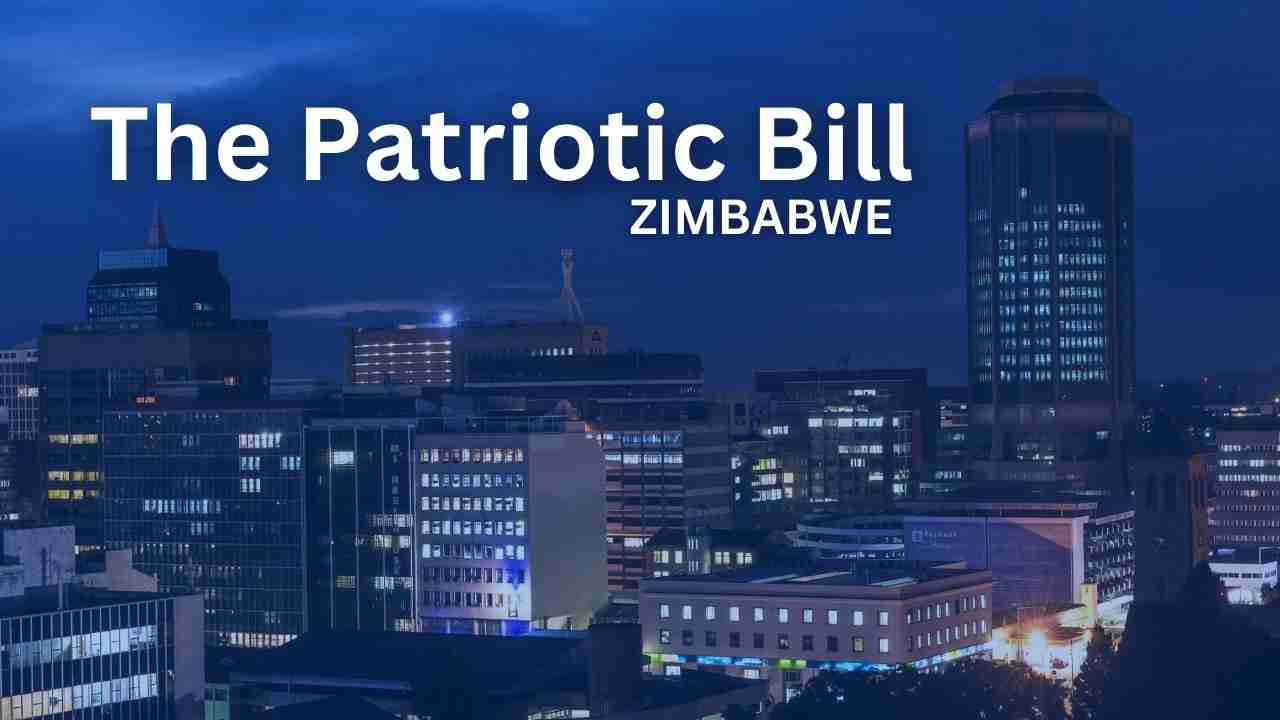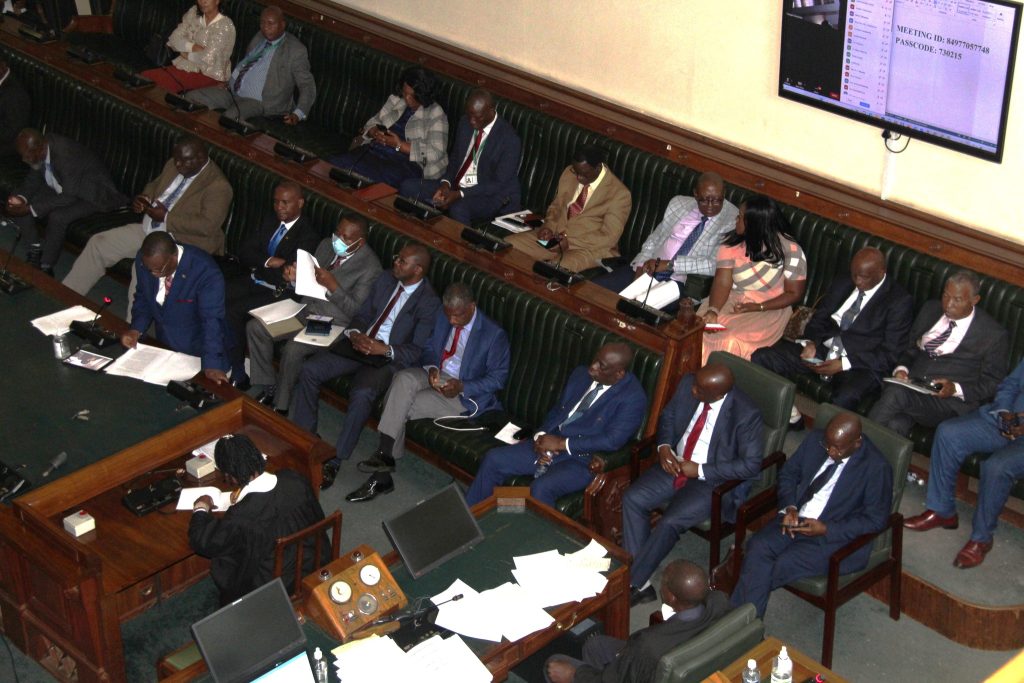ZIM: Criticism arise over the new ‘Patriotic Bill’

Zimbabwe’s Parliament recently passed the controversial Patriotic Bill, raising concerns about its impact on democratic freedoms and international relations. Critics argue that the law, which penalizes actions seen as undermining national interests, curtails freedom of speech, association, and assembly, and could isolate Zimbabwe on the global stage.
Zimbabwe’s Parliament passed the Patriotic Bill into law on the evening of March 31, 2023.
However, critics within and outside Zimbabwe view it as one of the most oppressive laws yet, intended to stifle criticism and free speech, particularly during a sensitive time as the country approaches general elections in late August.
Some lawyers said if President Emmerson Mnangagwa signs the Criminal Law Code Amendment Bill into law, it will not stand in court because it is flagrantly unconstitutional.
Members of Zimbabwe’s ruling Zanu-PF party support the bill, which sailed through the lower house and the senate chamber dominated by Zanu-PF members.
Fadzayi Mahere, spokeswoman for the main opposition party, the Citizens’ Coalition for Change, described the bill as “dangerous and unconstitutional,” and said Zanu-PF is trying to gain an advantage in the August 23 general election.
“The bill violates sundry constitutional rights and freedoms including freedom of association, freedom of expression, political rights, and others. Zanu-PF has reduced our great nation into an outpost of tyranny. They are clearly in panic mode as we approach an election and on an unbridled crusade to close the democratic space completely in Zimbabwe,” said Mahere.
Introducing the bill in parliament late last year, Zimbabwe’s minister of justice, Ziyambi Ziyambi, said the bill seeks to prohibit private citizens from making false statements or undermining the country, or acting as self-appointed ambassadors meeting foreign officials to undermine national interests.
Ugandan opposition leader Bobi Wine recently castigated the Zimbabwean Parliament for passing the Patriotic Bill in what he described as ‘another chapter of persecution’ of dissenting voices.
“In solidarity with the people of Zimbabwe, we urge their Government to reverse this law and safeguard the democratic values and rights of its citizens, especially their freedoms to speak and associate freely with each other,” he said.
Violation of this law is punishable by up to 20 years in prison and possible revocation of one’s citizenship.






